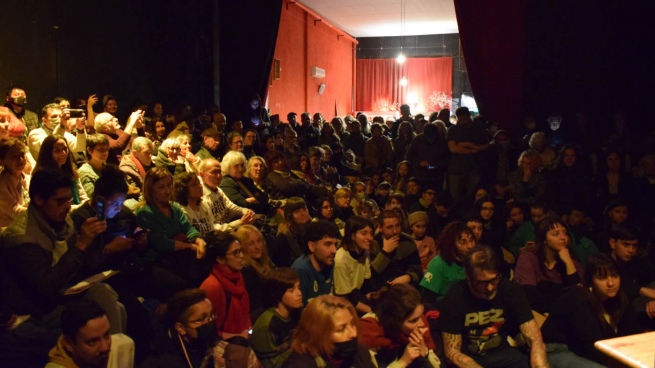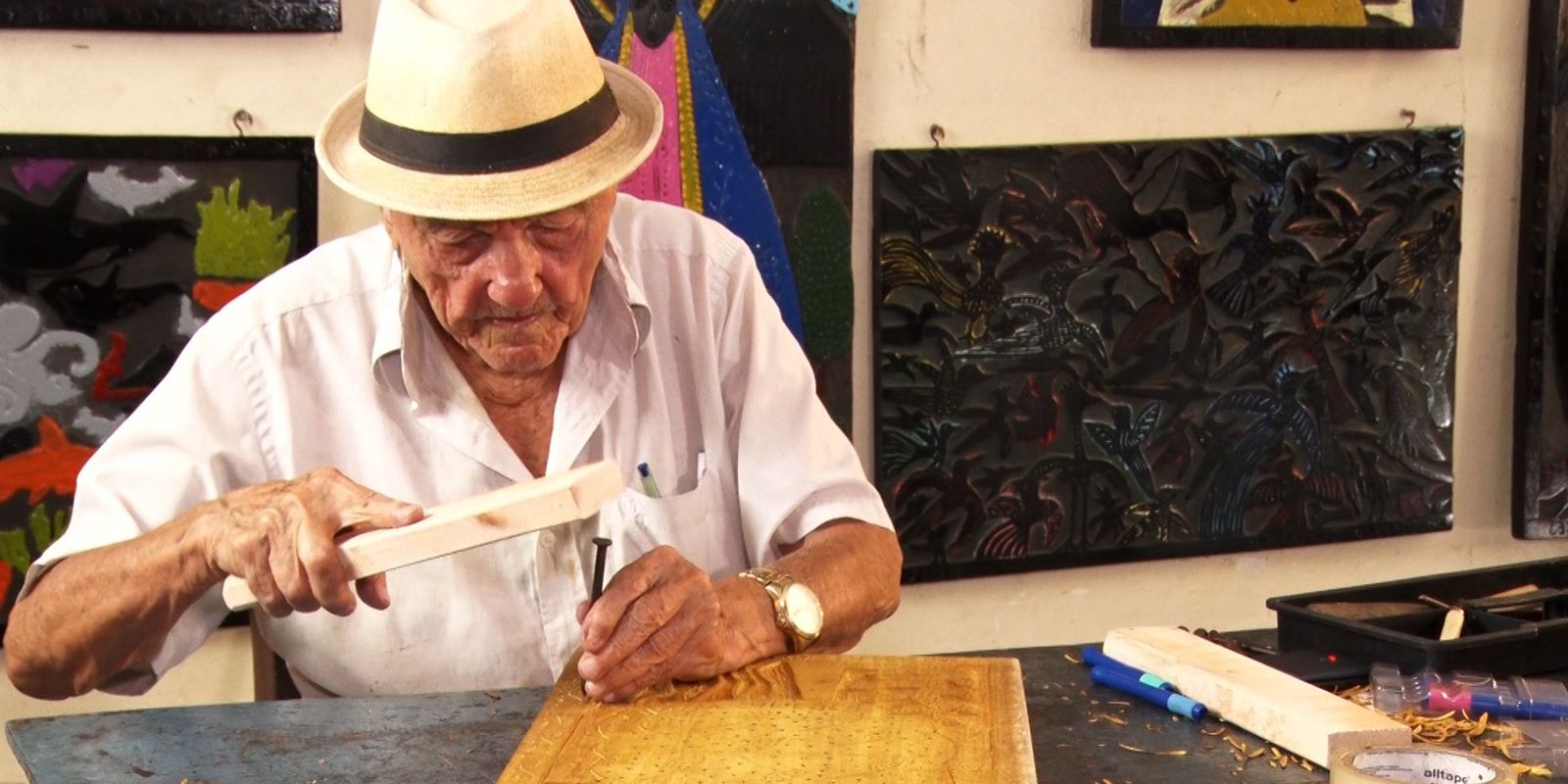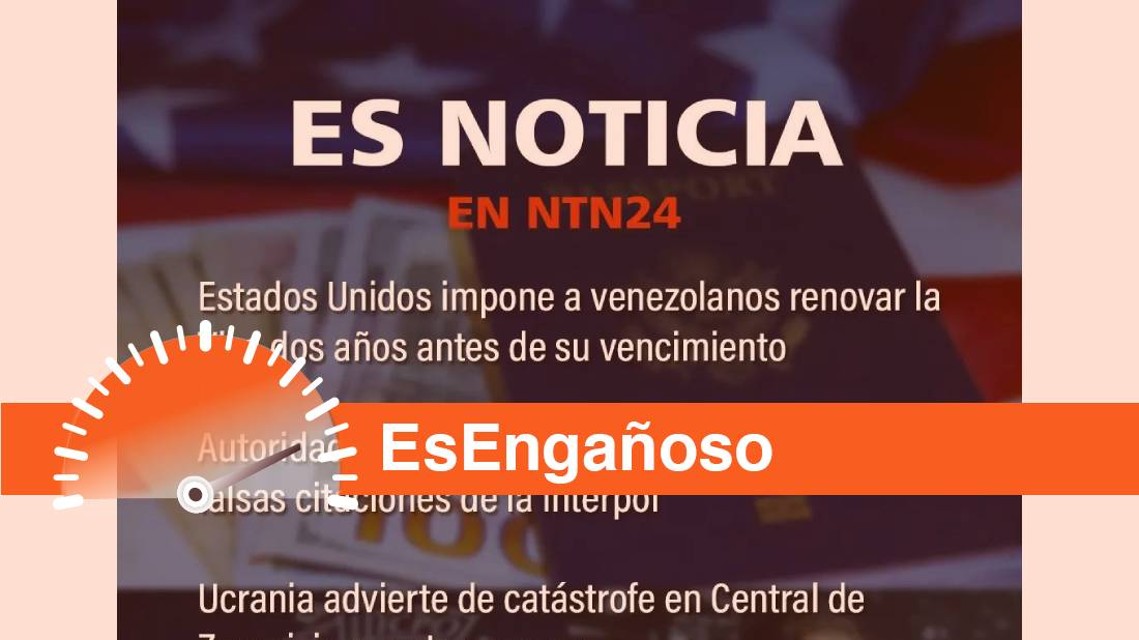The latest edition of the book “La Patria Fusilada”, written by the journalist, poet, writer and militant Francisco “Paco” Urondo, who narrates the alternatives of the “Trelew Massacre” in the voice of its three survivors, was presented at a an act carried out in that town of Chubut that these days commemorates the 50th anniversary of that collective crime against the 16 guerrillas committed by members of the Navy at the Almirante Zar base.
The Rayo Verde Theater in Trelew was the scene of this presentation of the work of Urondo that collects the testimonies that María Antonia Berger, Alberto Miguel Camps and Ricardo René Haidar they gave the author about the executions perpetrated on August 22, 1972.
Both Urondo and the survivors were detained in the Devoto Prison, and on the night of May 24, 1973 – hours before the amnesty that Congress would promulgate – the author collected the information and testimonies that allowed him to write this text that is essential to understand the alternatives to that massacre.
The presentation of the book took place on Saturday night in an environment of fraternity and militancy, with the participation of relatives of the victims, members of human rights organizations and social and union leaders.
The ceremony was led by Ángela Urondo, the writer’s daughter, and Raquel Camps, whose father survived the shooting unleashed by the marines who tried to forge that massacre with hasty action to contain an escape attempt like the one that had occurred days before in the Rawson Penalty.
“This book was a way to demonstrate the truth of the facts so that the Argentine people knew what had happened and understood the meaning of the struggle that the militants of the armed organizations were waging at that time,” said the editor of this new edition published by the Economic Culture Fund, Daniel Riera.
“This book was a way to demonstrate the truth of the facts so that the Argentine people knew what had happened and understood the meaning of the struggle that the militants of the armed organizations were waging at that time”
For her part, Ángela, daughter of “Paco” Urondo and Alicia Raboy, reviewed in a meaningful testimony her story as the daughter of a murdered father and a missing mother who recovered her true identity at the age of 19, and stated that “the events of Trelew are not only in the past, but are redefined in our present”.
“When I recovered my identity and was able to reunite with my father’s family, I came into contact with a file that my aunt (Beatriz) had kept, and there I found this book that you read in one sitting. It is not easy to live with tragedy, but I had to rebuild my story and Paco’swho came to the armed militancy at the hands of his children, Javier and Claudia, who is missing,” he recalled.
This edition, which was intended as the definitive one, includes appendices on the alternatives in which Urondo died and the disappearances of Berger, Camps and Haidar during the last military dictatorship, as well as a review of the trials against humanity that began in 2012.
“But there will be another edition that will contain the civil trial of (ex-marine Roberto) Bravo -one of those accused of the Massacre- in the United States, where he was found responsible for the events and his extradition to Argentina, something that is going to happen,” Riera stated.
For its part, Raquel Camps affirmed that this book allowed her to “encounter her father’s voice, to know what he thought and what he felt.”
“We must also recover the joy and dedication with which our parents’ generation militated and their ideals of solidarity,” he stressed.
For Riera, “this book gave testimony and allowed to contribute to the path of justice, now it would be necessary to build a more just society, the one dreamed of by the author and the three survivors who gave their testimonies in this work.”
Lastly, Ángela Urondo cited a letter from her father written in Devoto, in which he stated that the only thing that really mattered was “collective achievements” and that based on them it was worth “living and dying for others”.
@CJS@









